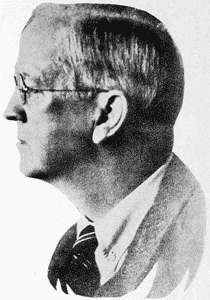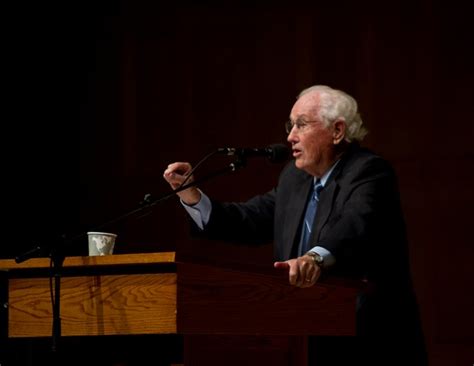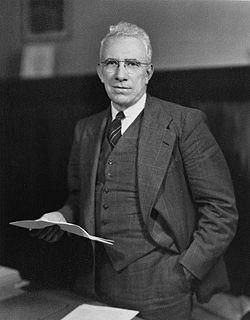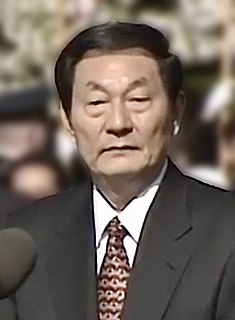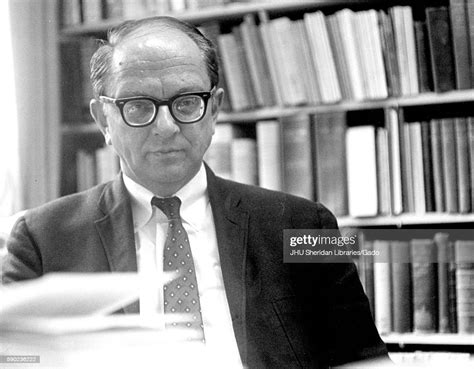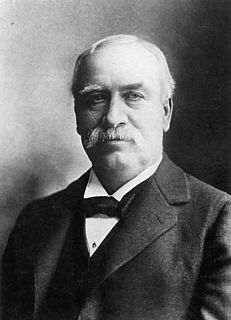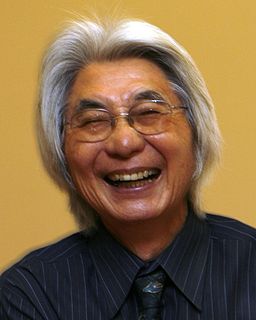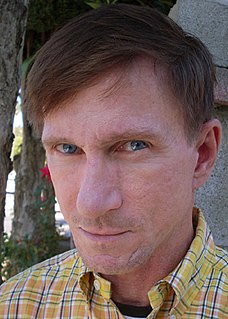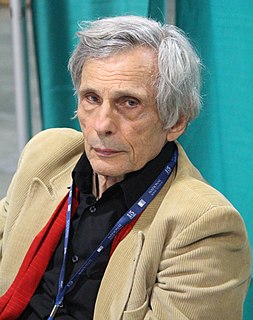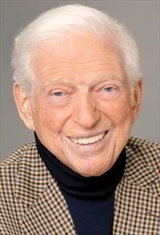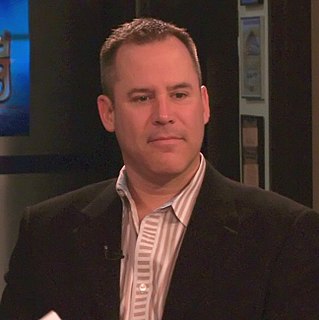Top 808 Lincoln Quotes & Sayings
Explore popular Lincoln quotes.
Last updated on April 14, 2025.
Until the early 90s, when I was working on a project about the idea of free will in American philosophy. I knew that Lincoln had had something to say about "necessity" and "fatalism," and so I began writing him into the book. In fact, Lincoln took over. I wrote instead 'Abraham Lincoln: Redeemer President,' in 1999, and I've splitting rails with Mr. Lincoln ever since. If there's a twelve-step process for this somewhere, I haven't found it yet.
The spiritual kinship between Lincoln and Whitman was founded upon their Americanism, their essential Westernism. Whitman had grown up without much formal education; Lincoln had scarcely any education. One had become the notable poet of the day; one the orator of the Gettsyburg Address. It was inevitable that Whitman as a poet should turn with a feeling of kinship to Lincoln, and even without any association or contact feel that Lincoln was his.
What I would give, I thought, to have been present as Elizabeth Keckley measured Mary Lincoln for a new gown, to overhear their conversations on topics significant and ordinary, to observe the Lincoln White House from such an intimate perspective. From that moment, my interest in their remarkable friendship was captivated, and it never really waned.
The general consensus among historians, among the ones who can handle the fact that 'Lincoln' is, in fact, historical fiction, is that we demonstrate enormous fidelity to history and that, beyond that, we've actually contributed a line of thinking about Lincoln's presidency that's somewhat original.
You pick up very well-known books on Lincoln [and] you will find almost no reference to his long-term belief in colonization. Why? Because it doesn't fit the image of the Great Emancipator. It doesn't fit the retrospective view we want to have of Lincoln as the man who was the moralist in politics, who came into office committed to ending slavery and waited to sign this document.
It is very hard to answer the oft-posed questions about how Abraham Lincoln would respond to some current condition. My favorite story on that count is that the late great Lincoln scholar Don Fehrebacher was asked, during the struggles over bussing for racial balance a few years ago, what Lincoln would say about "bussing" and he thought awhile and then answered : "what Lincoln would say would be: "What's a bus?"
Remember that Abraham Lincoln was a Whig far longer than he was a Republican. As a whole, the Whigs looked upon banks and corporations as a more efficient means of development; the Jacksonian Democrats thought they were the tools of the devil, but Whigs like Lincoln disagreed. During his presidency, Lincoln favored the re-construction of a national financial system, and his most important 'internal improvement' project was the Pacific railroad.
What Abraham Lincoln had to face was a culturally and politically cohesive bloc of states comprising half the country, refusing to discuss even the limitation of slavery; while he had only the most feeble means of enforcement. The British and the French could do their emancipating at a distance; Lincoln had armed resistance almost literally at his doorstep.
One decision I made in writing 'Henry and Clara' was that I would keep Lincoln's appearances and any dialogue by him to an absolute minimum, because I think readers don't quite believe it when novelists have Lincoln walking around and saying things. They just know they're in the presence of stage machinery.
There's been more written about Lincoln than movies made about him or television portraying him. He's kind of a stranger to our industry, to this medium. You have to go back to the 1930s to find a movie that's just about Abraham Lincoln. I just found that my fascination with Lincoln, which started as a child, got to the point where after reading so much about him I thought there was a chance to tell a segment of his life to to moviegoers.
I don't know that there has ever been a time when Abraham Lincoln didn't stand head-and-shoulders above all other presidents in the historians' eye. But relatively speaking, there have been peaks and a troughs. One peak was in the 1910s-20s; a major trough was in the 1970s-80s. We are certainly on a peak again, something which began in 1994 with Michael Burlingame's 'The Inner World of Abraham Lincoln,' which showed in fabulous detail how many new and untapped sources were available on Lincoln.
Lincoln's appeal to "the better angels of our nature" failed to avert a fratricidal war. But the compassionate wisdom of Lincoln's first and second inaugurals bequeathed to the Union, cemented with blood, a moral heritage which, when drawn upon in times of stress and strife, is sure to find specific ways and means to surmount difficulties that may appear to be insurmountable.
I think that when you look at the great politicians, the two greatest in my view were George Washington and Abraham Lincoln, they certainly had character traits. You also know Abraham Lincoln overcame severe depression problems that he had when he was younger, which gave him the strength and the character later on.
The Watsons have lost sight of the fact that Mercy Watson is a pig, and they love her truly, madly, deeply. They live next door to two elderly sisters, Eugenia Lincoln and Baby Lincoln. Eugenia Lincoln is horrified that a pig is living in the house next door. Baby Lincoln secretly likes Mercy a great deal.
I am asked often about Abraham Lincoln's mistakes and faults; he certainly made some mistakes. I have chapter in President Lincoln about the Powhatan affair that was a royal screw-up in the early days - right alongside the Sumter affair. Lincoln signed letters he should not signed, and the ship was sent to two places at one under two captains etc. Fortunately, no great harm. Lincoln took the blame and did not do anything like that again.
When I need to stretch my legs, I can walk across the street to the museum and relax among the illustrations of Abraham Lincoln's life, too. In a way, it reflects the halves of Lincoln's own character - one all jokes and buffoonery, the other all high-minded seriousness. If he could absorb both into his personality, I think I can, too.
Killing Lincoln is a must-read historical thriller. Bill O'Reilly recounts the dramatic events of the spring of 1865 with such exhilarating immediacy that you will feel like you are walking the streets of Washington DC on the night that John Wilkes Booth shot Abraham Lincoln. This is a hugely entertaining, heart-stopping read.
Abraham Lincoln was asked by an aide about the church service he had attended. Lincoln responded that the minister was inspired, interesting, well-prepared, eloquent and the topic relevant. The aide said, “Then it was a good service?” Lincoln responded, “No.” The aide protested, “But, Mr. President, you said that the minister was inspired, interesting, well-prepared, eloquent, and that the topic was relevant.” “Yes,” replied Lincoln, “but he didn’t challenge us to do any great thing.




